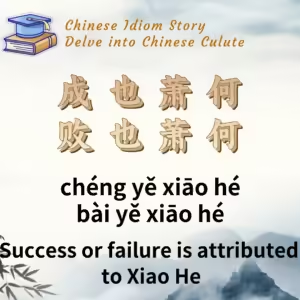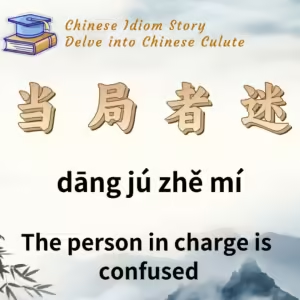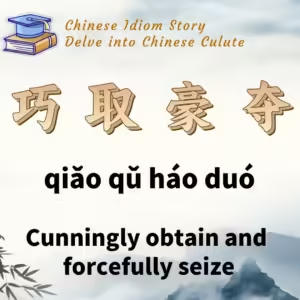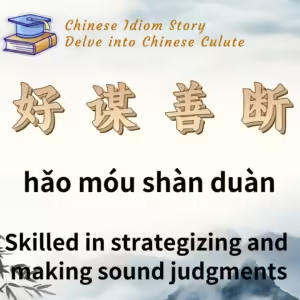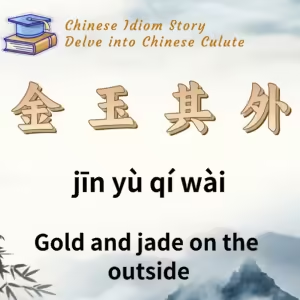
Chinese Idiom: 虚有其表 (Xu You Qi Biao)
English Translation: Has an Attractive Appearance, but Lacks Substance
pīn yīn: xū yǒu qí biǎo
Idiom Meaning: This idiom refers to something that has a good-looking exterior but lacks real value or substance. It describes a situation or person that is impressive in appearance but ineffective or unqualified in reality.
Historical Source: This idiom originates from “Ming Huang Za Lu” (《明皇杂录》) by Zheng Chuhui during the Tang Dynasty.
Idiom Story:
During the reign of Emperor Xuanzong of Tang, there was a minister named Xiao Hao who was tall, had a striking beard, and a remarkable appearance. One evening, Emperor Xuanzong decided to appoint Su Yi as the Prime Minister and urgently called for someone to draft the imperial edict. The attendants invited Xiao Song, and the Emperor instructed him to write the edict for Su Yi’s appointment. Xiao Song complied and, after a while, presented the draft to Emperor Xuanzong for review.
Upon reading the draft, the Emperor noticed the phrase “the national treasure” (国之瑰宝), which was inappropriate as it contained a name that violated the naming taboo of Su Yi’s father, Su Gui. The Emperor requested Xiao Song to revise it immediately.
Feeling anxious and fearful, Xiao Song was so flustered that he began to sweat profusely, unsure how to make the necessary changes. After waiting for a long time, the Emperor came back to check and found that Xiao Song had only changed “the national treasure” to “the national rare treasure” (国之珍宝), with no other modifications made.
Dissatisfied, the Emperor noted that Xiao Song lacked substance and said, “This person has an attractive appearance but lacks real value” (此人虚有其表,没有大用). Thus, the idiom “虚有其表” was born, highlighting the contrast between appearance and true capability.

